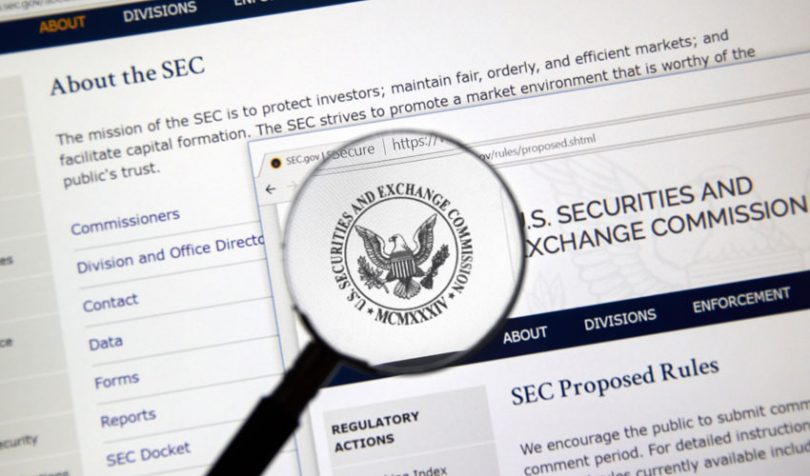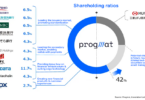On the 30th July, Commissioner Hester M. Peirce, of the U.S. Securities and Exchange Commission (SEC), spoke at a forum about the regulation of blockchain-based tokens. In remarks made in Singapore, Peirce claims by providing a safe harbor so that some digital assets are not treated as securities could benefit their growth. Although the SEC has in the past been stricter on the matter.
Hester Peirce hoped that the SEC will soon finish up writing it’s digital asset regulatory regime. She explains that the agency has made some progress, in May holding a FinHub forum to discuss securities law on ICOs, the audit of blockchain-based currencies, brokering, and investments in digital assets.
However, the Commissioner also recognized that the U.S. has a much looser definition of securities than other nations. For instance, she points out Singapore as a country with “much crypto-related activity” which has managed to offer more clarity to digital asset issuers. Malta, too, has clearer separate regulations for ‘virtual assets’ and ‘virtual tokens’.
Partly inspired by these countries, Hester Peirce “would support the creation of a non-exclusive safe harbor for the offer and sale of certain tokens.” Hence these tokens, which would otherwise be classified as securities, would not have the usual rules applied for enforcement purposes.
She appears not to be alone on this matter, as Bill Hinman, the SEC’s Director of the Division of Corporate Finance, stated last year that if digital assets, issued initially as securities, became truly decentralized then they might become utility tokens instead.
Such utility tokens may not be regulated like securities. But many less decentralized utility tokens are still treated as securities. Plus there are no clear rules on how to ‘de-securitize’ an asset.
Peirce puts forward her ideas for enforcing the regulations of blockchain-based currencies separately. Her “safe harbor” would allow new rules “tailored to the needs of purchasers digital assets in a way that our current regulations are not.”
The regulator particularly pointed to the role of tokens in incentivizing developers in the creation of open-source software. And how such empowerment is tricky if the tokens are considered as securities.
“This concept is very preliminary and needs a lot more work, but it might be a way to ensure that the legal regime does not inadvertently choke token networks off before they get off the ground,” explained Peirce.
The Commissioner’s remarks go against the conventional view that the SEC is not a fan of digital assets. Indeed, the organization sued Kik over its $100 million ICO as it considered the offering an unlawful sale of securities. The messaging firm Kik had already set up a ‘Defend Crypto’ fundraiser which claims that the SEC stifles innovation, raising over $1.6 million.
However Peirce herself has made comments on not wanting to over-regulate the sector, and just last month the SEC permitted Blockstack’s offering as utility tokens, not securities. The $28 million offering was allowed under new A+ regulations, perhaps heralding a more open approach to crypto.






